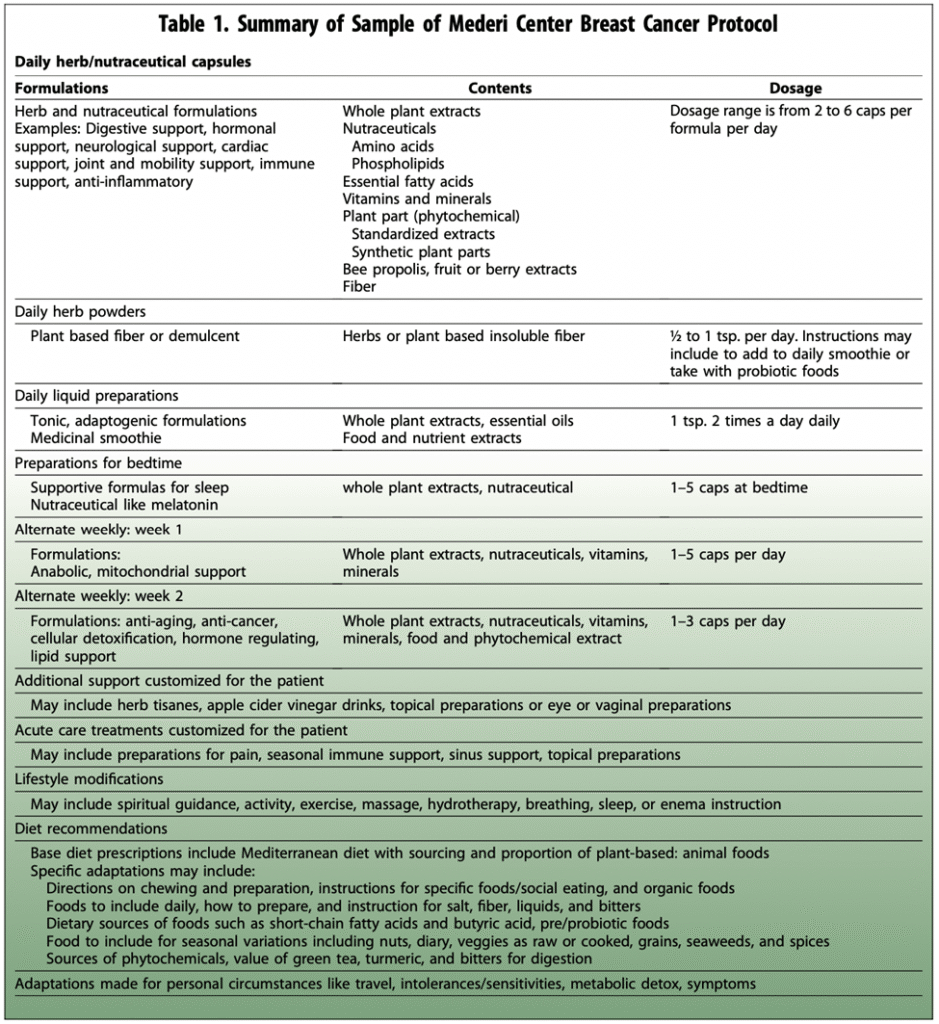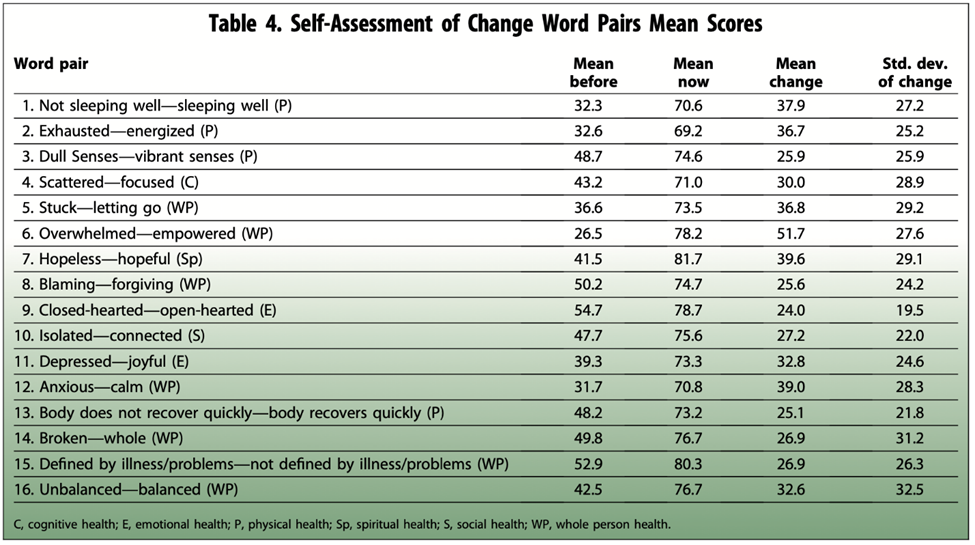Sadly, breast cancer is widespread, impacting many people directly or indirectly. It’s the most common cancer among women, comprising 31% of all cancer cases in women. Despite advances in treatment, it still ranks as the second leading cause of cancer-related deaths among women. So, the chances are high that you know someone affected by breast cancer, whether they’re currently battling it, in remission, or have passed away due to it.[1]
Conventional medicine is known for “waging war” on cancer. Over the past 100 years, this translated into cutting, burning, or bombarding the infected cells. This was often done without reason, credible research, and, most of all, without foresight regarding the consequences of this destructive approach.
In 1971, President Richard Nixon launched a campaign to cure cancer. He signed the National Cancer Act, catalyzing a “War on Cancer.” Yet our government’s military campaign against cancer has largely failed.
This “war” represented abandoning the body’s natural healing systems and all the traditional and more natural approaches centered on the human spirit and the basic concept of enhancing vitality.
Making Peace with Cancer

When we say things like “I beat cancer,” “I am cancer-free,” or “I am NED (no evidence of disease),” it frames our battle against the disease as a war. However, the aggressive methods used to “kill” cancer can often come with a toll on our quality of life and shorten our lifespan. In many situations, it’s better to approach cancer with a mindset of making peace rather than waging war. This shift in perspective can lead to a better quality of life and potentially a longer life overall.
We’re standing at a crucial point in the fight against breast cancer and other cancers. I firmly believe it’s time for a profound shift in our mindset, strategies, scientific approach, and medical practices.
Rather than treating cancer as an enemy to be defeated at all costs, we should adopt the Mederi Care approach, which focuses on supporting, sustaining, and preserving life while minimizing suffering. This approach calls for embracing values like courage, humility, and love instead of prioritizing control, fear, ego, greed, and self-interest.
Does a Whole-person Approach to Treating Breast Cancer Work?
At the Mederi Center, where I practice with my colleagues, we sought to demonstrate how beneficial our personalized, wholistic approach known as Mederi Care was for helping women with various stages and types of breast cancer undergoing conventional care. A retrospective study of patients at the Mederi Center titled “Self-Assessment of Change and Experiences of Persons with Breast Cancer Using Unitive Whole-Person Integrative Health,” published in October of 2022 in the Journal of Integrative and Complementary Therapies, explores how Mederi’s unitive, integrative approach helps breast cancer patients thrive.[2]
The study aimed to identify and explore meaningful changes in quality of life, well-being, and subjective symptoms using Mederi’s multi-pronged, whole-systems treatment program.
The study’s author is Dr. Kathryn Niemeyer, an associate professor at Ferris State University’s School of Nursing in Big Rapids, Michigan. She cited a 2011 study that found that Asian medicine improved survival rates for colon cancer patients when used in conjunction with nutritional healing and conventional therapy. She also cited a 2018 study of 357 breast cancer patients that found that the use of multiple integrative treatments improved their anxiety, depression, fatigue, hot flashes, insomnia, joint pain, and nausea, among other issues.[3]
For this Mederi study, published on October 17, 2022, in Integrative and Complementary Therapies Journal, an initial assessment was given before the study began to establish a baseline. Included in the study were 33 women with breast cancer, representing 14 different states in the United States. All the participants were white. The majority of women were between the ages of 46 and 65. Three percent of the participants were between the ages of 36 and 45, and 42 percent were over 66.
The Mederi Care protocol used for this study included a variety of integrative healing interventions, such as specific herbal tonics customized to each patient, diet recommendations and coaching, and herbal supplements. Patients also were prescribed lifestyle modifications, including exercise, massage, hydrotherapy, breathing suggestions, enema instructions, sleep hygiene, stress support, and spiritual guidance.

Each patient’s treatment plan included some individualized aspects. Patients were then asked a series of questions to describe perceived changes. They completed a self-assessment of change questionnaire and answered five additional questions that addressed symptoms, activity level, and perceived well-being.
In addition to completing written self-assessments, patients were interviewed about their experience using Mederi Care protocols. These interviews lasted between 45 and 90 minutes. The interviews were then recorded and transcribed, allowing the study author to have personal narratives about the patients’ integrative experiences. The researcher also reviewed patients’ medical records to appraise their health.
Baseline assessments revealed that respondents came into the study experiencing a variety of difficult symptoms, the most pronounced of which were cognitive challenges (anxiety, depression, fear, foggy thinking, memory loss, and uncertainty). Patients also expressed concerns over wound healing, as well as pain, digestive issues, low energy, fatigue, exhaustion, and insomnia.
Taking descriptive data of this kind and tabulating it is a challenging task. However, Dr. Niemeyer identified four main themes that emerged from the patients’ experience after using Mederi integrative cancer care:
- Personal shifts in : being Patients described being able to look at life through a different lens. This shift included feeling more emotionally empowered and having expanded consciousness.
“I have learned to trust myself,” one patient explained. “To listen to my intuition…Cancer was a wake-up call for me, and I had a radical remission, and in the process, I had to face my fears and change the direction of my life.” - Better ability to work through difficult or uncomfortable situations: Examples of this included more easily navigating conventional medicine and figuring out how to pay for care.
- Relationships: Participants reported appreciating building relationships with care providers, feeling trust and confidence, and learning from relationships.
“The relationship has been as healing as the protocols,” one said.“Holding on to hope and positivity is a real part of my healing, and I got part of that at Mederi and didn’t get it from my local docs…. There is just so much trust that they know what they are doing…There is a real depth to what they are developing at Mederi,” said another.
4. Flourishing: Patients reported feeling satisfaction, purpose, and self-determination.
One explained that she was “healthy with cancer.” Another explained: “The greatest part was the protocols making me in a state of wellness and health, and they helped maintain quality in my life with the whole cancer battle. Energy has been great. I just feel like it is helping me to thrive.”
The findings of this study revealed that all quality-of-life indicators improved as a result of the Mederi care cancer protocols. The table below shows just how significantly these indicators changed in a positive direction for the patients involved in the study:

How does the Mederi Care Model of Treating Cancer Work?
Using integrative health modalities to treat cancer results in meaningful personal changes. There is no straight proverbial line from treatment to outcome, and there is no one right treatment path for every person. Successful treatment is about finding the right fit—the right combination of phytochemicals and the right functional lifestyle changes to help the individual patient survive and thrive.
Cancer care at Mederi focuses on biologically based therapies (herbs, foods, specific nutritional supplements, nutraceuticals, and lifestyle improvement), together with modern medicine and spiritual care.
This approach works because our cells, organs, networks, and systems are dynamic, interconnected, and interrelated. All these networks contain the innate wisdom and ability to heal and nurture us when supported by a healthy foundation. We believe in the body’s inherent ability to heal and be whole, to overcome disease, and to reach our true inner potential.
So, the role of the Mederi Care practitioner is akin to that of the conductor in an orchestra, constantly working to harmonize and align the elements of health so that the body can sing.

Our therapies are multi-targeted and health-promoting with low to no toxicity or side effects. We integrate our therapies with spiritual care, relaxation, music, art, and lifestyle practices such as exercise, deep breathing, and personal connection.
We use various thematic elements to guide therapies and build a healing relationship: love, trust, and courage over fear. These thematic elements include ancient traditional wisdom, modern science and research, common sense and logic, and even musical intuition, together with prayer and raising spiritual consciousness.
The integration of these thematic elements makes the Mederi Care model so effective. Through analysis of the objective experience recorded by millions of doctors and billions of patients over the last five millennia, combined with modern scientific facts, theories, and statistical findings that comprise the basis of our modern biomedical system, the Mederi Care model represents the culmination of the human potential for achieving a truly integrated medical system. These elements must not merely be seen as superimposed layers but as dynamic, interwoven streams (rising one after another); they diverge, cross one another, meet, continue with each other, and ultimately harmonize and support each other.
Mederi Care cancer treatments are individually and purposefully designed. They are herb, nutrition, and time-intensive for the patient, which can be challenging. However, the “work” required by the patient is healing in and of itself. As documented in this study, it empowers the patient and gives back a sense of control over one’s health.
We orchestrate (a word I love) whole-person well-being by focusing on factors that stop cancer growth while supporting self-healing capacities as manifested in the person’s dynamic structural networks.
This published study shows that our treatments result in meaningful and life-altering personal changes in the quality of life for women living with breast cancer.
In many conventional medical models, quality of life often takes a backseat or is overlooked entirely. However, it’s essential to recognize that quality of life is paramount and something we strive for daily. If someone with cancer lives an extra month but experiences misery throughout that time, can we truly consider that a success?
It’s time to shift our focus towards improving patients’ quality of life by minimizing pain and discomfort while enhancing their ability to engage with others and relish daily activities. The Mederi Care approach effectively achieves these objectives and often extends life. However, it’s crucial to emphasize that its goal isn’t simply to prolong life without ensuring that patients can live fully and meaningfully.
About the Author:
Donald R. Yance is the founder of the Mederi Center. A Clinical Master Herbalist and Certified Nutritionist, Donnie is renowned for his extraordinary knowledge and deep understanding of the healing properties of plants and nutrition, as well as of epigenetics, laboratory medicine, oncologic pathology, and molecular oncology. He is a professional member of the American Herbalists Guild, National Association of Nutrition Professionals, Academy of Integrative Health and Medicine, and the Society for Integrative Oncology.
[1] Cancer Facts & Figures 2022, American Cancer Society
[2] Kathryn J. Niemeyer, Self-Assessment of Change and Experiences of Persons with Breast Cancer Using Unitive Whole-Person Integrative Health Integrative and Complementary Therapies VOL. 28, NO. 5 |, Published Online: 17 Oct 2022 https://doi.org/10.1089/ict.2022.29040.kjn
[3] Rossi E, Noberasco C, Picchi M, Stefano MD, Rossi A, Nurra L, Ventura L. Complementary and Integrative Medicine to Reduce Adverse Effects of Anticancer Therapy. J Altern Complement Med. 2018 Sep/Oct;24(9-10):933-941. doi: 10.1089/acm.2018.0143. PMID: 30247968.








